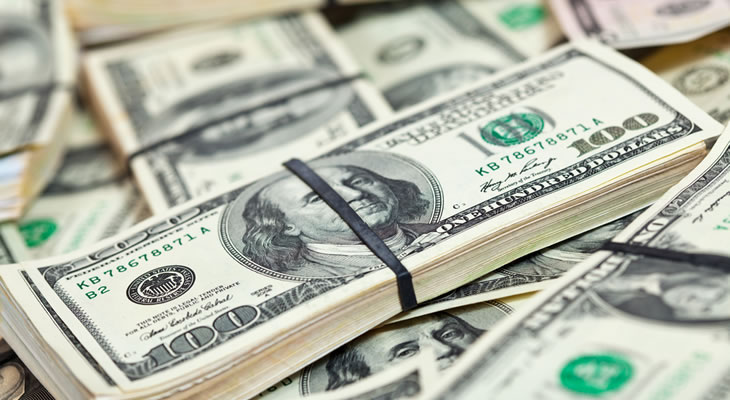Forex
Diaspora Remittance: Understanding ‘CBN Naira 4 Dollar’ Policy

The new “Naira 4 Dollar” initiative was introduced because of the failure of the diaspora remittance policy announced in November 2020, when the apex bank adjusted its diaspora remittance policy to checkmate dollar-bank-transfer being carried out between diaspora remittance recipients and forex buyers.
The strategy then was to receive remittance in a domiciliary account and transfer it to operators in the parallel market or whoever was in need of it at a black market rate, and since withdrawing means you will be paid the equivalent in Naira at a bank rate of N362/$ before it was adjusted to N391/$, several diaspora remittance recipients stopped withdrawing their remittance inflow but transfer to forex dealer’ accounts.
The fact that people were not withdrawing means the dollars were not entering the economy, hence the forex scarcity that plunged Naira to N484 as of today on the black market.
In order to curb the situation, the CBN quickly adjusted its policy to allow people to receive their diaspora remittances in dollars with the hope – the estimated $21 billion per year inflow – would help stimulate productivity and fast track economic recovery.
However, the lockdown caused by COVID-19 is a global occurrence. Many Nigerians in the diaspora were unable to work and were only managing stimulus cheques if they were lucky enough to reside in US, Canada, Australia, Ireland, etc.
For the majority, they have to shut down their businesses and went into a survival mode. Therefore, the CBN strategy to flood the economy with diaspora remittances failed.
In a desperate move to lure them into the economy, especially sensing the nation could plunge back into recession due to weak crude oil production of 1.4 million barrels per day (below 2.2mbpd capacity), falling foreign reserves of $35 billion, weak revenue generation, high unemployment and escalating inflation rate, the apex bank was forced to launch Naira 4 Dollar initiative.
This is because Nigeria is an import-dependent/petrol-dollar economy, meaning it needs to sell crude oil to generate dollars and use the dollar to service its economy, import for consumption.
Here are what could happen if the strategy works
- The economy will come alive as diaspora remittance is estimated at about $21 billion per year, it will augment the nation’s dwindling foreign reserves.
- Economic productivity will improve and so will GDP growth
- New job creation will surge and spending will improve
- Internal revenue generation will improve due to import duty, VAT and other charges
- Import-dependent businesses will come alive as they will have access to more dollars in a p2p kinda transaction.
Here is why the strategy may not really work
There is a partial lockdown in most developed nations where Nigeria remits the most.
While the central bank thinks it could lure Nigerians in the diaspora with N5 per US Dollar strategy, the plunge in Naira to N483/US Dollar, N675 to a British Pound and N580 to a Euro is enough to encourage, lure and attract anyone that has the money to send to do so. N5/US$ gift won’t make a huge difference if they don’t have it, to begin with. However, it could create a loophole for certain individuals to exploit the system.